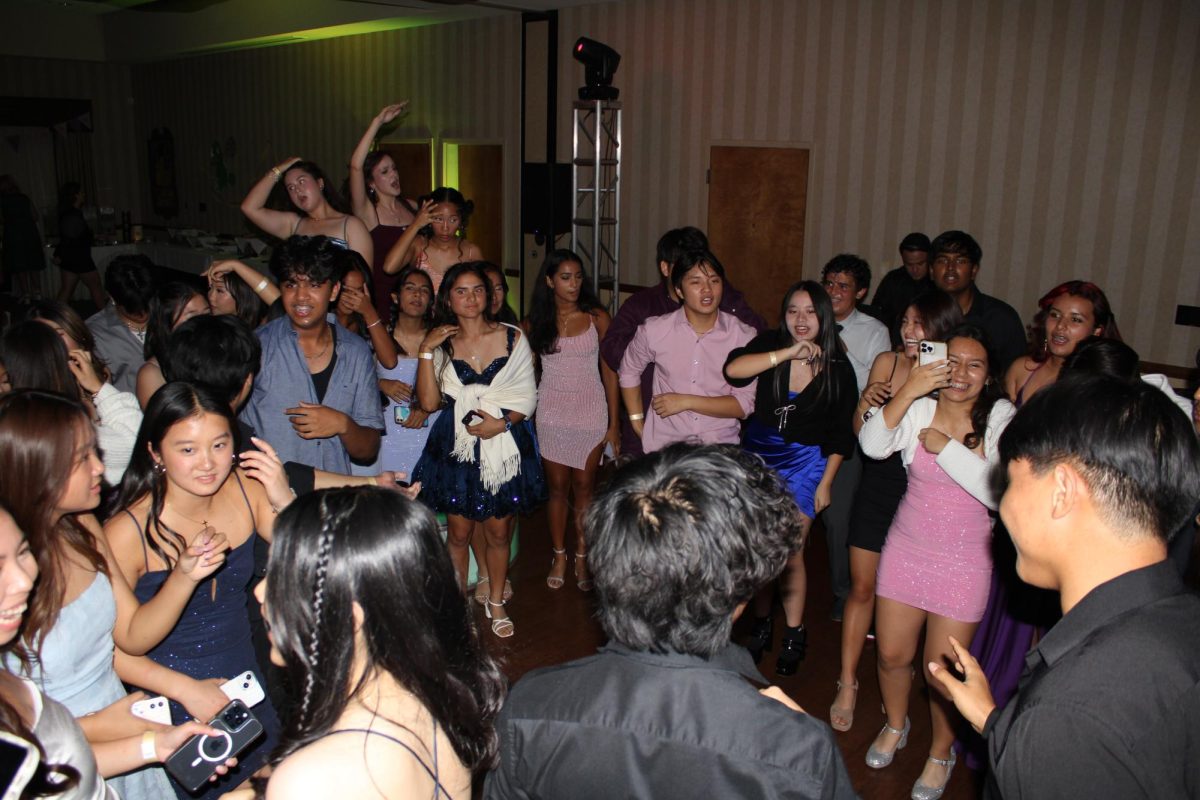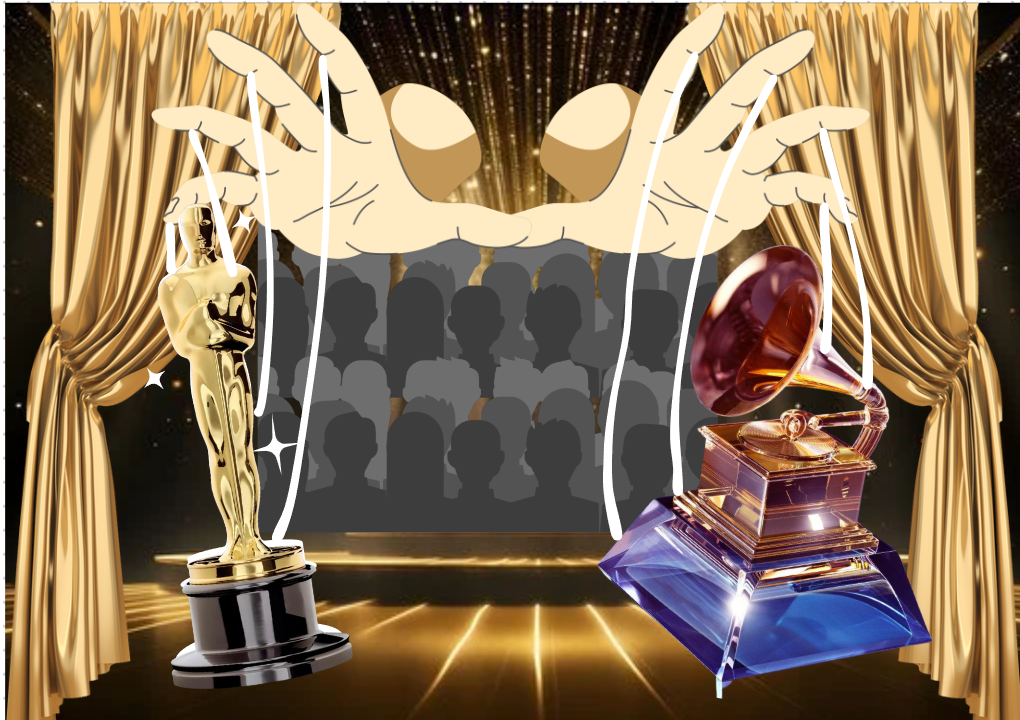With the Golden Globes Awards presented earlier on Jan. 5 and the 97th Academy Awards set for March 2, the debate over “rigged” award shows and nominations arise. On closer examination, there are several factors that equally contribute to biased award shows that don’t portray the actual skill and superiority of the works and artists they are meant to highlight. The lack of transparency and fairness in voting bodies, as well as the presence of bias in voting, considerably skews the legitimacy of award shows.
The Academy Awards — commonly known as the Oscars — are a household name in the entertainment world. However, they have garnered criticism for not only being blatantly discriminatory, but also rigged. Due to the lack of diversity in nominees and the disappointing inattention to other films and actors that aren’t as popular as box office favorites, the Oscars have become a disheartening rumination as of late. After the hashtag #OscarsSoWhite tweeted by activist April Reign in 2015 gained traction for criticizing the absence of nominees of color, the Oscars formulated new standards of eligibility: nominees had to fulfill at least two of the four diversity, equity, and inclusion (DEI) criterias to be eligible.
Yet, critics have stated that the standards are too easily met, displaying the Oscars’ efforts as empty-handed. For example, the blockbuster movie Oppenheimer met the requirements despite its all-white cast, by having several women serving in senior production positions. Furthermore, progress is slow; New America states that, including data from the 2023 ceremony, “…17 percent of all nominees were women, while only 6 percent were people of color and less than 2 percent of nominees were women of color.”
Every year, the 10,000 Academy members conduct a closed-door vote for the best films. However, a closer look into the demographics of the voting body reveals a disproportionate bias towards certain groups of people. According to Statista, 81% of the members were white and 67% of them were male in 2022. The lack of diversity translated to the nominations and award-receivers, who were predominantly white and male. Consequently, women and people of color were unfairly stripped of opportunities to receive the nominations and awards they rightly deserve. Without change to the voting body, the Oscars awardees will remain tainted by gender and racial bias.
These disparities bleed beyond the film world; the Grammys, a renowned award show that recognizes achievements in the music industry, demonstrates numerous cases of bias as well. One of its largest controversies is the lack of an existing public rubric that outlines exactly how a winner is chosen. The complete lack of knowledge on the awards’ voting body and judging process raises the question of whether there is enough diversity and gender equality to make the awards show fair. This does not seem to be the case, as numerous artists of color have been passed over for white artists or more popular music genres in the past. During the 2024 Grammy Awards, Jay-Z called out the Grammys for snubbing his wife Beyoncé, stating that “…she has more Grammys than anyone and never won album of the year. So even by [the Grammys’] own metrics, that doesn’t work.”
Various artists have expressed explicit dislike of the award show and their voting committee. “Unless you shake hands and send gifts, there’s no nomination considerations,” said Zayn Malik, member of the popular ex-boy band One Direction. The Weeknd boycotted the Grammys after being snubbed at the 2021 awards and stated that he would no longer submit his works for consideration, nor attend the ceremonies. The Grammys seem to exercise prejudice and bias against artists of color and musical works produced by them.When being pitted against white competitors for a certain awards category, artists of color are more likely to lose no matter how much they and their work deserve the title.
Award shows should strive to become more equitable and inclusive in their awards to artists, reforming both their voting bodies and voting processes in order to eliminate bias and discrimination in the future. Changing the standards of nominations and exclusive voting bodies will bring about better change and inclusivity. It is time for award shows to step up and truly serve their purpose: to recognize those who truly deserve the title and acclaim, not those who gain from systemic advantages.



























































